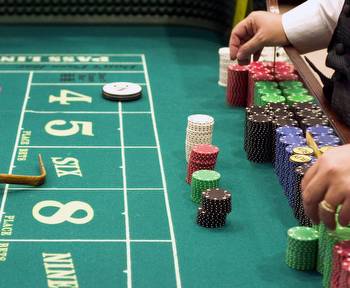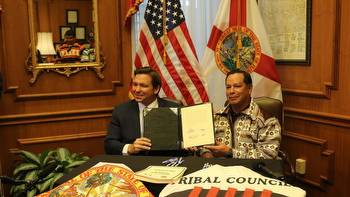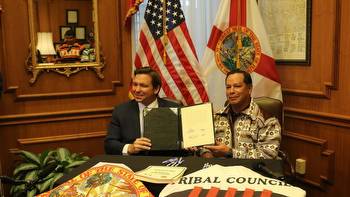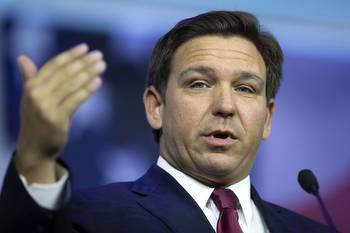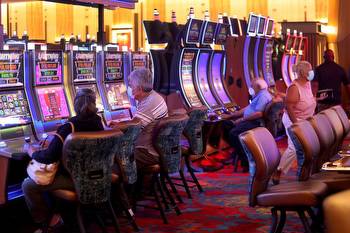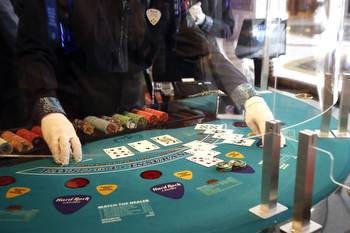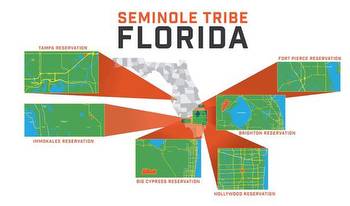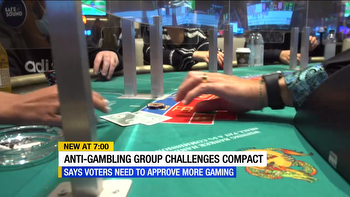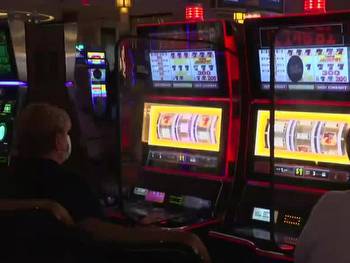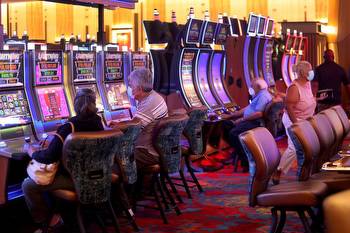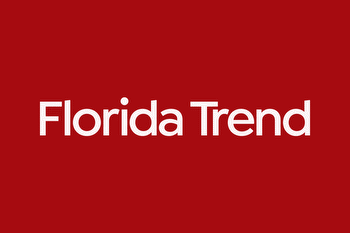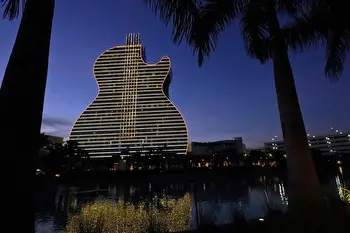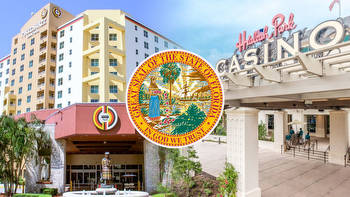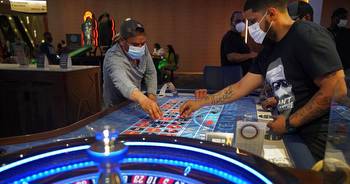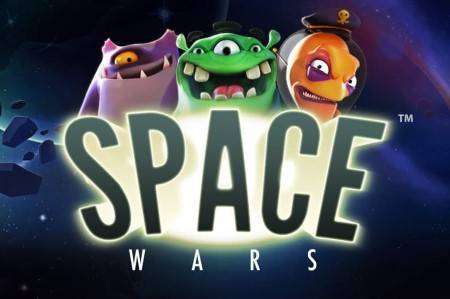Feds need to reject Florida’s fatally flawed gambling deal with Seminole Tribe
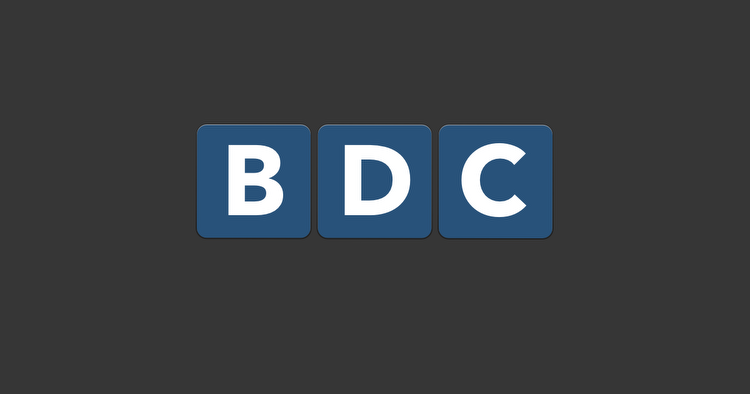
No matter what the state of Florida might claim, it is not asking the U.S. Department of the Interior to approve a deal that legalizes sports betting on Seminole tribal land.
It’s asking the federal government to approve a precedent-setting deal with the Seminole Tribe that authorizes sports betting on every square inch of Florida — tribal land or not — from Pensacola to Key West.
For that reason — and others we’ll get to in a moment — Interior Secretary Deb Haaland should reject the compact and bounce it back until Florida and the tribe can get it right.
No doubt, the Seminoles deserve a fair deal with the state, which has treated the tribe shabbily for years.
This isn’t it. The Legislature approved — and Gov. Ron DeSantis signed — a deal with the tribe in May that isn’t consistent with federal law or the Florida Constitution, which mandates that the state’s voters must approve any expansion of gambling.
Now Florida is asking the federal government to become an accomplice.
Haaland’s Interior Department, which is expected to make a decision next month, needs to zero in on the fact that Florida’s deal with the Seminoles would allow sports betting to take place anywhere in the state.
That’s in direct violation of the Indian Gaming Regulatory Act, which at its core is designed to regulate gaming “on Indian Lands.” The law could not be clearer.
The Seminole Tribe owns about 90,000 acres in Florida, but the sports betting deal with the Seminoles would cover the state’s entire 42 million acres, allowing anyone with a smartphone to place a bet from literally anywhere.
That’s because Florida’s deal with the Seminole relies on a bizarre interpretation of where a bet is placed. Florida’s trying to convince everyone it not where the person make the bet with their smartphone but where the computer servers that process the bet are located, which under this deal will be on Seminole property.
In other words, if someone inside their Orlando home makes a bet on a football game, the state of Florida is saying that bet is really being made on a computer server in a faraway, air-conditioned office on Seminole Indian property somewhere.
If the state’s thinking on this issue was consistent, it would tax online sales not based on where the consumer is but where the Amazon, Walmart or Etsy server is located.
Florida doesn’t collect online sales tax that way because it wouldn’t make any more sense than thinking an online bet placed at a downtown Miami bar is actually being made at the Seminole Reservation in Tampa, if that’s where the server is located.
This isn’t a new legal issue. A federal judge in California ruled in 2018 that an online bingo game being run by a tribe there “constitutes gaming activity that is not located on Indian lands … ”
Florida’s deal violates federal law in another important way: It would allow new forms of betting that currently aren’t legal in Florida.
The federal law says Class III gambling is allowed on Indian land if it’s ALREADY legal in a state. Sports betting isn’t legal in Florida. Neither are craps and roulette, which the deal authorizes at Seminole casinos.
They’re not legal in Florida now and they won’t become legal until voters approve those new forms of betting through a citizen-initiated, statewide referendum.
It’s right there in Florida’s constitution, in an amendment that 71% of the state’s voters approved in 2018.
The Legislature and the governor didn’t have the authority to approve new Class III gambling. They simply ignored the amendment’s requirement for a statewide referendum when they approved the compact with the Seminole Tribe.
Now they want the federal government to go along as well, to approve a compact that appears to violate both federal and state law.
The compact also contains a sneaky little provision that pave the way for a couple of existing casinos to move to new locations, one of which is believed to be Donald Trump’s Doral resort in Miami. This part has nothing to do with the Seminoles, and everything to do with political favors.
We understand why the federal government might wish to defer to the Seminole Tribe’s wishes. Florida failed to live up to the terms of a previous compact, and the Seminoles got a raw deal.
DeSantis and the state were correct in trying to make things right. The core issue is that the deal they made is rotten.
It pretends Florida’s voters didn’t overwhelmingly decide a few years ago that they should decide whether casino gambling is expanded. It pretends that sports betting doesn’t take place where the actual bet is made.
The feds need to send this deal back to Florida, or open the floodgates to more such proposals from other states. Let DeSantis and the tribe reach a new agreement that’s legal and constitutional. Then the governor can call another special session of the Legislature to get it passed.
Just because Florida reached a bad deal doesn’t mean the federal government is obliged to become a party to it.








